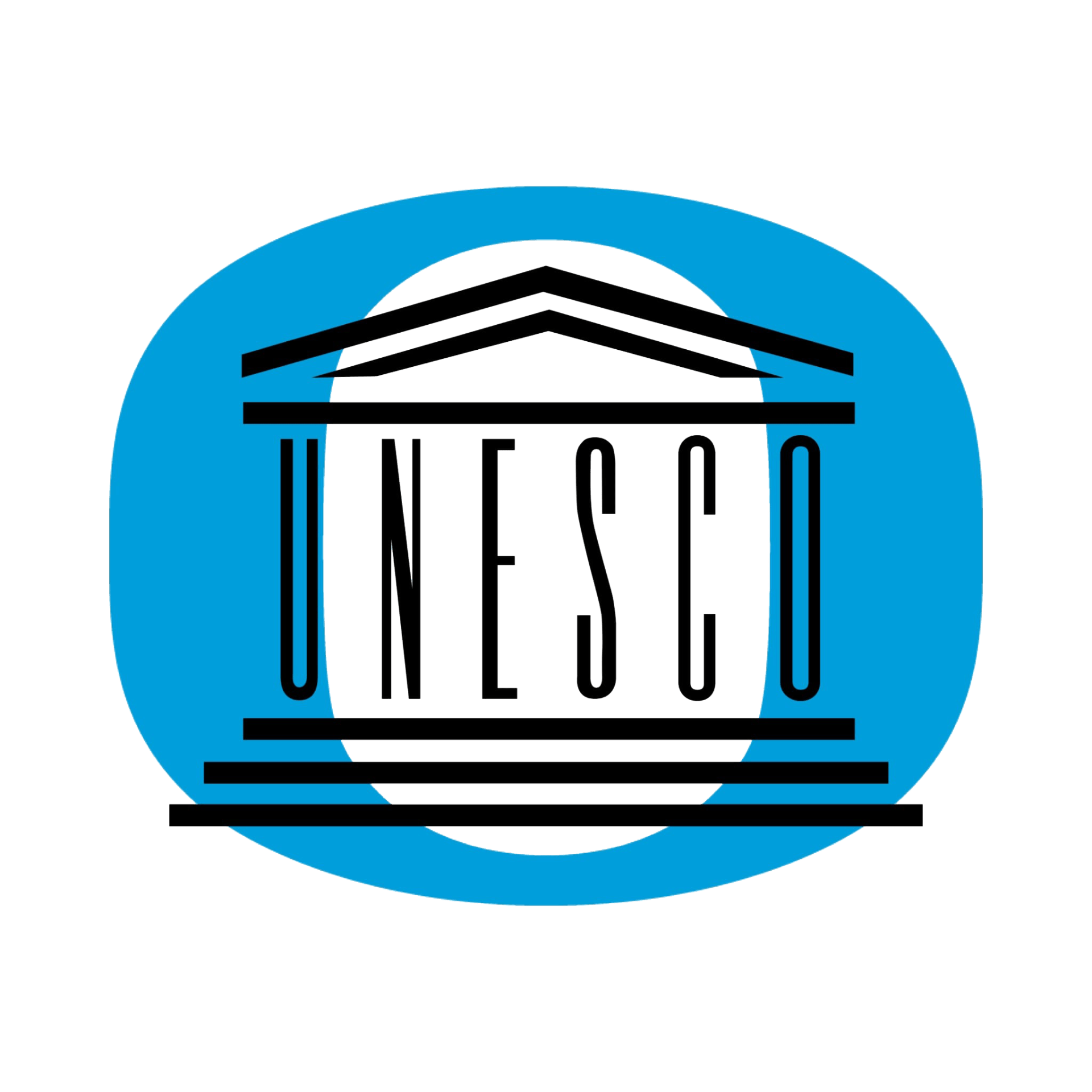This piece by Dr. Peter Laufer was originally published in Spanish by Tiempo Argentino, the Crossings Institute’s partners in Argentina. What follows is the English translation. Read it in Spanish here.
Rare is the night when the TV is switched on in our living room. We’re much more likely to be reading a book or newspaper, playing Scrabble or clicking around the Internet. Election night 2016 was an exception, of course, and as CNN’s map turned redder, I began to daydream – as did so many shocked voters up here in the States – about self-exile. Why suffer through the traumas of a Trump presidency at home? How about escaping the next four years and avoid living amongst the anticipated tawdry realities of a declining American empire?
I sat on the couch watching the votes while sending email notes to friends and colleagues living elsewhere. Should I move to Europe? Ha, laughed the messages back to me. An American ex-pat in Paris argued it’s important to stay in the States. “I was asking myself, if I need to go home,” he wrote about his own plans, counseling me that teaching the next generation of journalists helps “create the bulwarks against a steep decline into an abyss.” From Berlin another correspondent warned of the right-wing extremists gaining notoriety not just in Germany but across the Continent “encouraged by Trump. I am sorry, I think you have to stay,” he wrote. “You will be needed there.” And an Italian collaborator sounded like a character in a Fellini movie, offering as advice, “Don’t worry too much, we survived Berlusconi,” adding an ominous, “be brave and clench fists.”
Appropriate advice, of course.
Incomprehensible is the word that keeps coming to me as I try to analyze Trump’s victory. Here north of the border we suffer a fraught relationship with Latin America. As a journalist I’ve covered the impact of American intervention from Guatemala and Nicaragua south to Peru and Bolivia on into Argentina. Our government, as Tiempo readers know from deeply personal experiences, suffers a long and sordid history overthrowing, installing and manipulating Latin American leaders. At the same time Gringos look south at the disarray we influence and dismiss the dysfunctional states our tax dollars help create with the infamous mocking insult: Banana Republics.
Now, following the election results last Tuesday, this hypocrisy is further shattered. We are in danger of becoming the newest Banana Republic of our Hemisphere. And our new leader fits the profile of the demagogues we’ve installed, feared and fought south of the Rio Grande: a self-aggrandizing liar promising to violate our norms – if not our laws – while building his personality cult at the expense of the downtrodden who elected him. Did he study Peron? (Is Melania studying Evita?)
A couple of days after the election, stunned students in my journalism seminar tried to process the reality that their young adult lives would be governed by a President Trump in the White House. We spent the class time conjuring story ideas for the immediate post-election period. The list of themes and characters developed fast: Immigrants – with and without documents – who feel threatened by deportation or who fear for their safety. Complacent neighbors, believing surveys that promised an easy Clinton victory, and did not bother to vote. Surviving post-election depression. Voters who chose to cast their ballot for third-party candidates at the expense of Clinton. Should the Electoral College be abolished in favor of the popular vote (which Clinton won). And no such list would be complete without stories about Americans who spent election night considering intriguing foreign locales for relocation.
As my European contacts wisely counseled, staying home in the States as a member of the loyal opposition probably is the constructive and productive path for most of us distraught about the Trump victory, especially those of us privileged to be teachers and news reporters.
High quality journalism played a proud role in this election; reporters worked hard to provide the public with verified and valid information about the flaws in candidate Trump. No question some journalism also played a sinister part as his enabler. Endless free publicity was handed over to Trump – such a skilled media manipulator – in a Faustian pact that guaranteed ratings, sales and clicks to co-conspiring news media companies.
But here’s the deal: the Trump victory is not journalism’s fault. No one can blame the messenger for this upset. Either voters who chose Trump as their candidate did so because they knew what they were buying into or voters chose him because they did not do their homework. Just as I can read Tiempo from my Oregon living room via its website, so too can citizens everywhere access valuable journalism to help us make sense of the world. The onus is on news consumers to seek and find the valid information we need and not be fooled by corrupt posers.
Peter Laufer, PhD
James Wallace Chair Professor in Journalism
Co-director UO-UNESCO Crossings Institute for Conflict Sensitive Reporting & Intercultural Dialogue
University of Oregon School of Journalism and Communication


